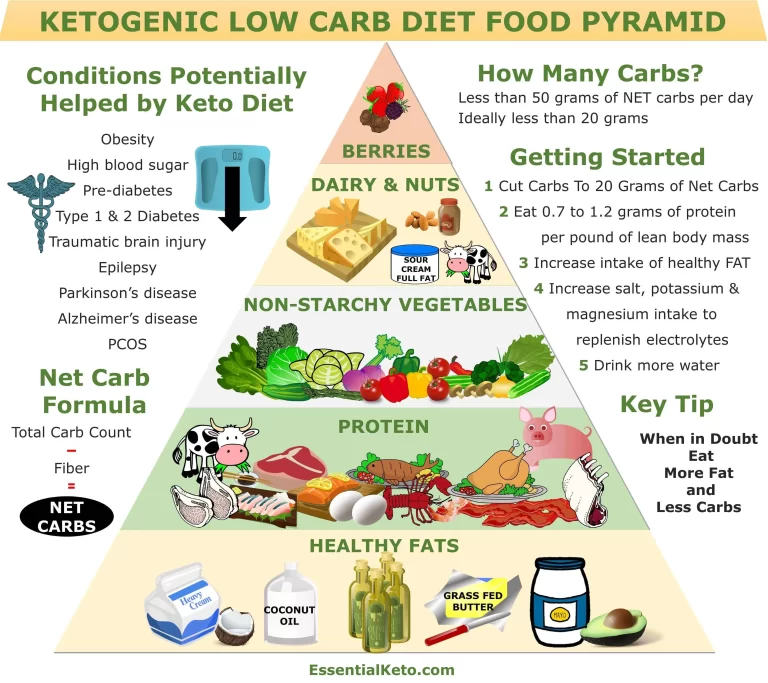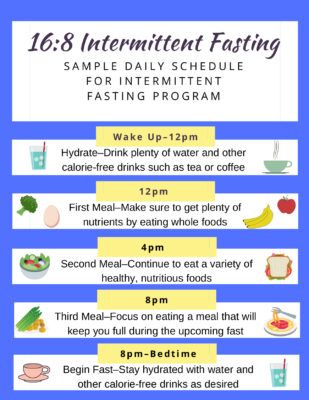When it comes to choosing a diet, the options can be overwhelming. Two popular choices are the Low-Carb and Low-Fat diets. Both approaches have their proponents, but which one is right for you? In this article, we will explore the key differences between these diets and help you make an informed decision.
Understanding Low-Carb Diets
A low-carb diet focuses on minimizing the intake of carbohydrates, including sugars and starchy foods like bread, pasta, and potatoes. The idea behind this approach is to force the body to burn fat for energy instead of relying on carbohydrates.
Understanding Low-Fat Diets
On the other hand, a low-fat diet restricts the consumption of high-fat foods like oils, butter, and fatty meats. The goal is to reduce overall calorie intake and promote weight loss.
Benefits of a Low-Carb Diet
One of the main advantages of a low-carb diet is its effectiveness in promoting weight loss. Studies have shown that reducing carb intake can lead to a significant decrease in body weight and body fat percentage.
Benefits of a Low-Fat Diet
A low-fat diet has been associated with various health benefits, particularly when it comes to heart health. By reducing saturated and trans fats, this diet can help lower cholesterol levels and decrease the risk of heart diseases.
Considerations for Choosing
When choosing between a low-carb and low-fat diet, it is essential to consider your specific goals and preferences. If weight loss is your primary objective, a low-carb diet might be more suitable due to its proven effectiveness in burning fat. However, if you have a history of heart disease or high cholesterol, a low-fat diet could be a better option.
Long-Term Sustainability
Another crucial factor to consider is the long-term sustainability of each diet. While low-carb diets can produce quick results, they may be challenging to maintain in the long run due to the limited food choices and potential cravings. On the other hand, low-fat diets can be more flexible and easier to stick to for some individuals.
Individual Variations
It is important to recognize that every individual is unique, and what works for one person may not work for another. Some people may thrive on a low-carb diet, while others may find it too restrictive. The same applies to low-fat diets. Experimentation and personalized approaches are often necessary to find the right fit.
Consult a Professional
Before embarking on any diet, it is advisable to consult with a qualified healthcare professional or registered dietitian. They can provide personalized advice based on your specific health status, goals, and dietary preferences. A professional can also assist in creating meal plans that are nutritionally balanced and sustainable in the long term.
Conclusion
In conclusion, choosing between a low-carb and low-fat diet depends on various factors, including your health goals, personal preferences, and response to different food groups. Both approaches have their benefits and considerations. It is crucial to choose a diet that is sustainable, suits your lifestyle, and is approved by a healthcare professional to ensure optimal health and well-being.









